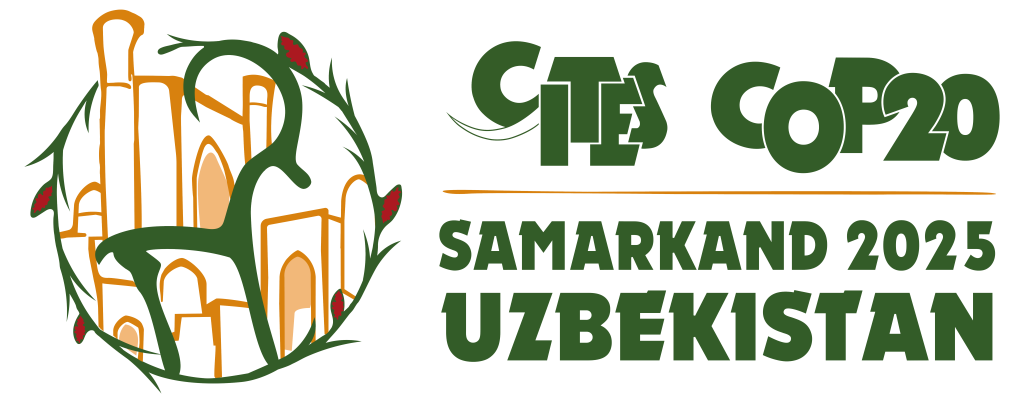USA
People for the Ethical Treatment of Animals (PETA) is an extremist US-based animal rights group that was founded in 1980 by the British-born Ingrid Ward and American-born Alexander Pacheco. PETA opposes, what it calls, ‘speciesism’. That’s an ideology premised on the concept of ‘human supremacism’, which views humanity’s rights as being more important or superior to those of animals.
Heavily influenced by the thinking of the Australian ethicist Peter Singer’s book Animal Liberation (1975), PETA opposes all forms of humanity’s exploitation of animals. This means, for example, that it opposes domestic control measures that involve the eradication of pests, including rats, mice, cockroaches and all other forms of bugs. According to PETA’s worldview, even ‘shearing sheep equates to stealing’, and anyone who buys products with wool in them ‘supports a cruel and bloody industry’.
But PETA is not a marginal outlier in the realm of animal welfare and animal rights NGOs. It is in fact, as it claims on its website, ‘the largest animal rights organization in the world’, with more than 6.5 million members and supporters. It regularly leads or supports the work of other animal rights and welfare NGOs. For example, PETA supports Humane Society International’s relatively moderate manifesto for animals in the UK, which is backed by 40 leading animal rights NGOs, including IFAW, Environmental Investigation Agency, Born Free and the RSPCA.
PETA claims to be opposed to violence. But it maintains close links with the Animal Liberation Front and Earth Liberation Front (ELF), including by providing financial donations. (See: Eco-terrorism specifically examining the Earth Liberation Front and the Animal Liberation Front. Committee on Environment and Public Works, United States Senate, One Hundred Ninth Congress.)
Leaders
Ingrid Newkirk, President.
Governance
Executive Board, led by Ingrid Newkirk, President.
Finance
According to PETA’s website, its revenues in 2019 were $50,871,312 and its operating expenditure was $55,974,945.



